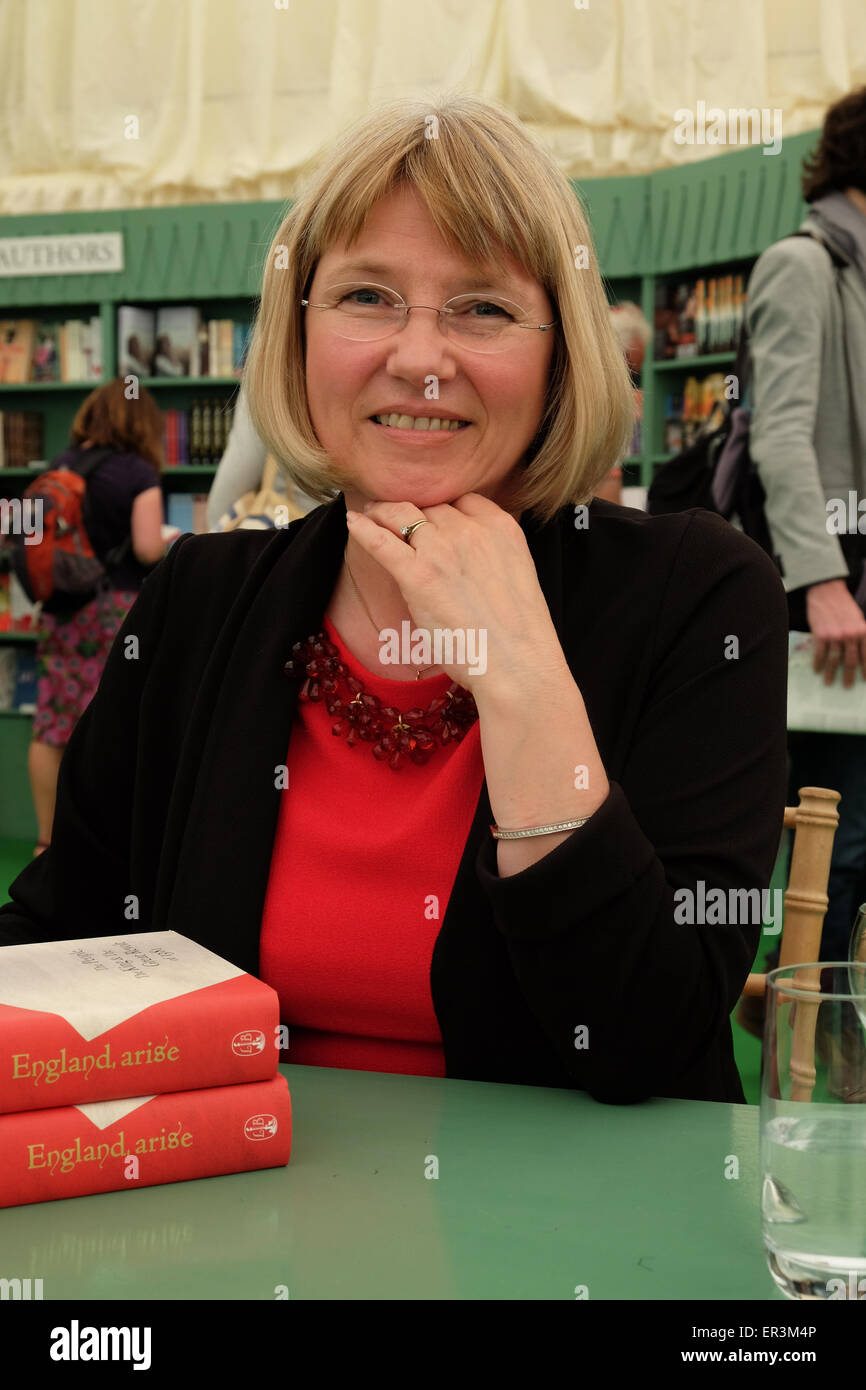

And, quite apart from the looming shadow of Shakespeare, it's an impossibly tall order to compete with John Keegan's brilliant evocation of the troops' experience at Agincourt in The Face of Battle, its visceral immediacy undimmed almost 30 years after its first publication. Blink, and you'll miss Henry V's sudden death just seven years later, leaving a nine-month-old baby as his heir - the fate of the English crown mentioned here only in passing to explain the protracted incarceration of Charles d'Orléans, one of the French noblemen captured on the battlefield.Īt the same time, the fact that the outcome of the fighting is never in doubt (we're only reading such a detailed account of the battle, after all, because we already know who won the day) means that, despite the momentum of Barker's narrative, the book can't escape an anticlimactic feel.


Even the immediate aftermath of the campaign is largely taken for granted. The wider historical significance of the battle - the underlying reason for writing the book, one might think - is dispatched in little more than one page towards the end. Barker's focus on her subject is impressively sober and scholarly, but the intensity of her gaze leaves little room for the peripheral vision that might help readers for whom Agincourt is an isolated landmark in otherwise unknown terrain. Thanks to Shakespeare, the tale is better known even than that of Nelson's last stand: the astonishing victory against overwhelming odds of Henry V's "happy few" - hungry and exhausted after 18 days of forced march, and vastly outnumbered - over the flower of French chivalry.īut familiarity on this epic, iconic scale has unpredictable effects.


 0 kommentar(er)
0 kommentar(er)
